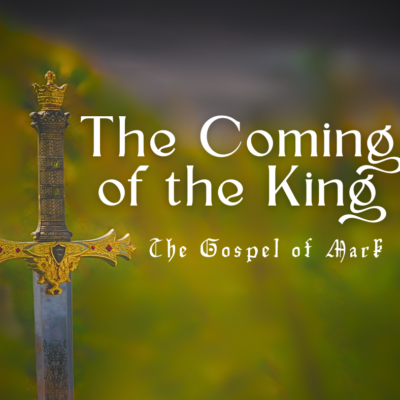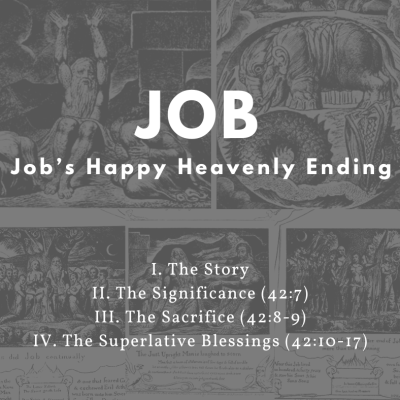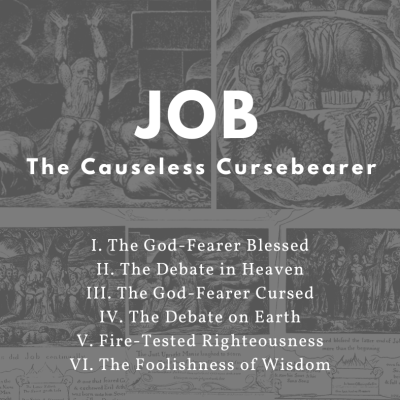Sermons on Salvation
What is this leaven of the Pharisees? Christ leads his disciples through a catechism of questions to bring them to the understanding. Like the man partially healed, Peter confesses Christ, but it’s clear he only had a partial perception. Turn now to the Gospel of Mark. Gospel of Mark, chapter eight. I’m starting at verse…
Though this Syrophoenician woman thought herself of a low estate–and those around her would’ve agreed, Christ deems her worthy, not of dog food, but of true spiritual meat: faith. Here we see the heart of Christ as he reaches out to those of low conditions.
Mark chapter six, starting at verse 30. Mark six. Verse 30, before we, if you’re reading about the Word and it’s preaching and it’s accepting, that’s the word of blessing on those hands. God, let’s pray together. Heavenly Father, we come again before you. We just wanted to hear from you. We praise you that…
Job begins and ends after the pattern that Jesus speaks of, that the Old Testament anticipates him in his suffering and in his glory. We saw the sufferings anticipated in the first two chapters and throughout the book, and now comes the glory as the Lord restores the fortunes as Job returns out from under the curse.
Job is not about you. Job is not about me. Job is about Jesus. So when we come to this book we need to say, “Show me Jesus.” It is about Jesus and his righteousness, Jesus and his curse-bearing, Jesus and his defeat of the devil, Jesus and his acquisition of glory. That’s what Job is all about.
We’re confronted, as we open this passage, with questions–questions about the Kingdom. Who gets into the Kingdom? What are the qualifications for getting into this Kingdom?
Are we willing to be self-reflective enough to realize that, at the end of the day, we have nothing to offer God of our own righteousness?
Only then do you have any chance of joining the Kingdom of God.
What is most needful in life? If someone were to ask you that, how would you answer? In this passage, we see a man lying before Jesus paralyzed, and Jesus’ comment takes everyone by surprise: “Your sins are forgiven you.” It seems insensitive that this man is dealing with obvious physical need, and yet, Christ is bringing up the forgiveness of sins instead. By placing this in the text, Christ–through Mark– is making us reckon with some big questions. Not only does this cause cognitive dissonance, it makes a bold statement about who Christ is and the coming of the Kingdom. Christ is trying to show us something. The question is: “Will you see it?”
In the first year of Cyrus king of Persia, that the word of the LORD by the mouth of Jeremiah might be fulfilled, the LORD stirred up the spirit of Cyrus king of Persia, so that he made a proclamation throughout all his kingdom and also put it in writing: “Thus says Cyrus king of…
Then the word of the LORD came to Jonah the second time, saying, “Arise, go to Nineveh, that great city, and call out against it the message that I tell you.” So Jonah arose and went to Nineveh, according to the word of the LORD. Now Nineveh was an exceedingly great city, three days’ journey…
I give them eternal life, and they will never perish, and no one will snatch them out of my hand. My Father, who has given them to me, is greater than all, and no one is able to snatch them out of the Father’s hand.” John 10:28-29, ESV








